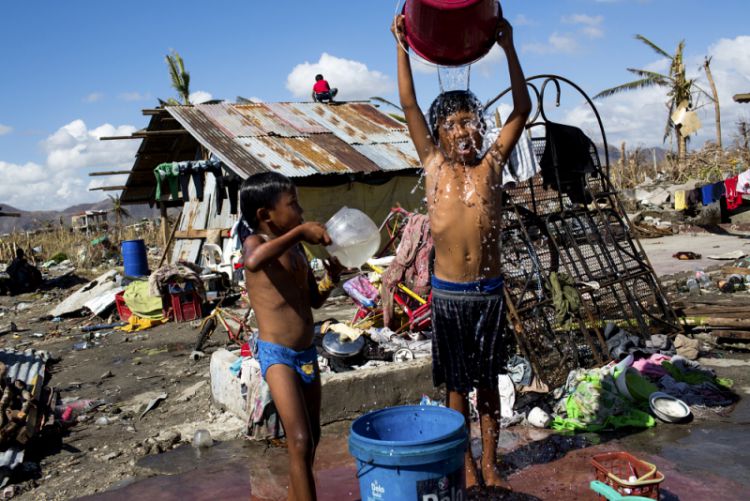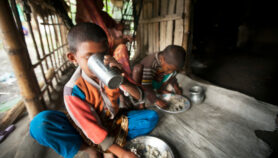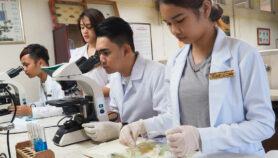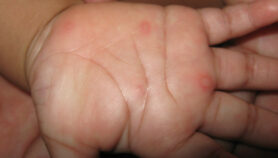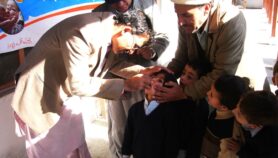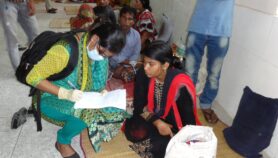By: Neena Bhandari
Send to a friend
The details you provide on this page will not be used to send unsolicited email, and will not be sold to a 3rd party. See privacy policy.
[MELBOURNE] As the world faces a dramatic increase in allergic diseases and asthma, scientists are pointing to the importance of good bacteria in ‘dirtier’ environments.
Mark Larché, the Canada research chair in allergy and immune tolerance at McMaster University in Ontario, believes the rise in allergies may be associated with the developed world’s obsession with cleanliness. He says part of the explanation for allergies is that some children grow up in an environment that is too clean for their immune system to properly learn which substances to attack and which to ignore.
He believes children should be allowed to roll in the mud and put things in their mouths. “Our immune system becomes aware of things by encountering them,” says Larché, who is one of the key speakers at the 16th International Congress of Immunology in Melbourne (21-26 August).
“Our immune system becomes aware of things by encountering them.”
Mark Larché, McMaster University in Ontario
Globally, 200 to 250 million people suffer from food allergies and 300 million suffer from asthma. Each new generation seems to be having more severe, potentially life-threatening allergic reactions than the last.
Recent research from Melbourne’s Murdoch Childrens Research Institute (MCRI) found that children born to Asian parents in Australia had “very high rates” of food allergy, higher than Australian children born to Australian parents.
“However, if the child was born in Asia and moved to Australia before the age of five, they were actually protected from food allergies. So this is a natural history experiment of migration where children who are of Asian extraction seem to have increased risk of food allergy. We think this a genetic preponderance and that risk is uncovered if they move here to Australia,” MCRI professor Katie Allen tells SciDev.Net.
“We wonder whether the Asian environment is activating the immune system in such a way in the first few years of life to fight infectious diseases that are much more rampant there whereas when they come to Australia or the developed country environment, they are actually having less activation of their immune system, increasing their allergy risk as a result,” adds Allen, a paediatric gastroenterologist and allergist.
“What we are finding in developed countries is there is a rapid rise in allergy rates, which is being reflected in developing countries with the rising rates of asthma. In places like Hong Kong, there are higher rates of food allergy than on mainland China, but not as high as Australia, suggesting a trend effect that partial development or developing versus undeveloped is a bigger risk factor for allergic diseases,” says Allen.
Hamida Hammad from the VIB life sciences research institute in Ghent, Belgium, says her team of researchers found that dairy farmers and their children were protected against asthma and allergies because of their exposure to farm dust, and discovering the mechanism of how this protection occurs could provide a major step towards the development of an asthma vaccine.
Jiri Hrdy from the Charles University in the Czech Republic spoke about how there is decreased allergy incidence 5, 10 and 20 years after initial supplementation of newborns with probiotics – giving an insight into how babies with a family history of allergies could be protected against developing allergies later in life.
Many randomised controlled trials offering new treatments for allergy sufferers are under way, which will be completed in the next three years.One recommended treatment is the probiotic and peanut oral immunotherapy wherein children with allergic diseases simply take a pill with a probiotic and a small amount of the food that they are allergic to in a very controlled way. The treatment is cheap, effective and easy to roll out to developing countries.
This piece was produced by SciDev.Net’s South-East Asia & Pacific desk.


